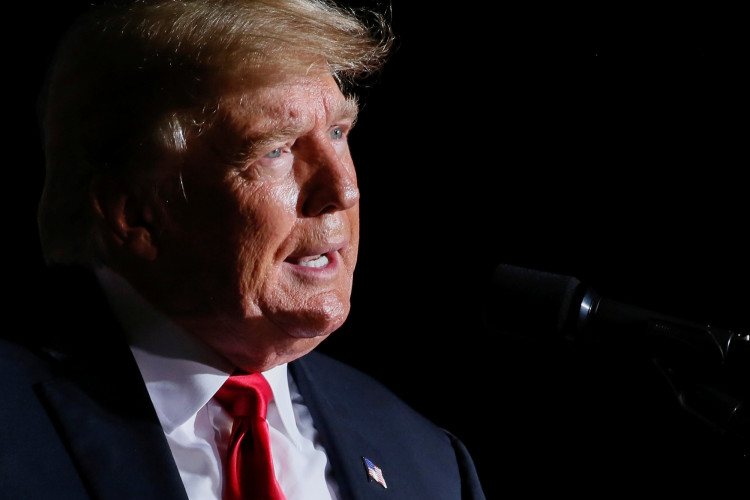The U.S. Court of Appeals for the District of Columbia Circuit recently scrutinized former President Donald Trump's sweeping claim of immunity in connection with his actions during the 2020 election. The three-judge panel, consisting of all women, expressed doubts about Trump's argument that he is immune from prosecution for his efforts to overturn the election results, which ultimately led to the Capitol attack on January 6.
During the hearing, Trump's presence at the federal courthouse in Washington, D.C., was notable. He remained mostly silent, occasionally passing notes to his lawyers. Special counsel Jack Smith also attended the session, which lasted just over an hour. The case is one of four criminal prosecutions Trump faces while he remains a leading figure in the Republican presidential nomination race.
Judges Florence Pan, Karen Henderson, and Michelle Childs raised various hypothetical scenarios challenging Trump's immunity theory. Judge Pan questioned whether a president could be prosecuted for acts like selling pardons or military secrets, or even ordering the assassination of a political opponent. Trump's lawyer, D. John Sauer, argued that such prosecution can only occur post-impeachment and conviction by the Senate.
The panel, which includes a Republican appointee and two Democratic appointees, debated various approaches to their decision. They could deliver a comprehensive ruling on the immunity question or opt for a narrower ruling, leaving some issues unresolved. Alternatively, they might rule that Trump had no grounds to appeal at this litigation stage.
The judges also contemplated the implications of ruling against Trump's immunity claim. Judge Henderson voiced concerns about politically driven prosecutions of future presidents, asking, "How do we write an opinion that would stop the flood gates?"
James Pearce, arguing on behalf of Smith, emphasized the unique nature of the allegations against Trump, involving efforts to undermine the democratic process. Pearce assured that the case against Trump didn't signal a future of vindictive prosecutions against former presidents.
Trump's appeal is grounded in the indictment on charges like conspiracy to defraud the United States and obstruct an official proceeding, to which he has pleaded not guilty. The former president's legal team has cited a 1982 Supreme Court ruling supporting presidential immunity for actions within the president's official responsibilities. However, Smith contends that Trump's actions don't qualify as official acts and are not shielded by broad immunity.
The outcome of the appeals court, which is hearing the case on an expedited schedule, remains uncertain. Regardless of the decision, it is likely to be immediately appealed to the Supreme Court. The legal battle continues as Trump maintains his innocence, asserting his actions were part of his presidential duties to address alleged election fraud.






